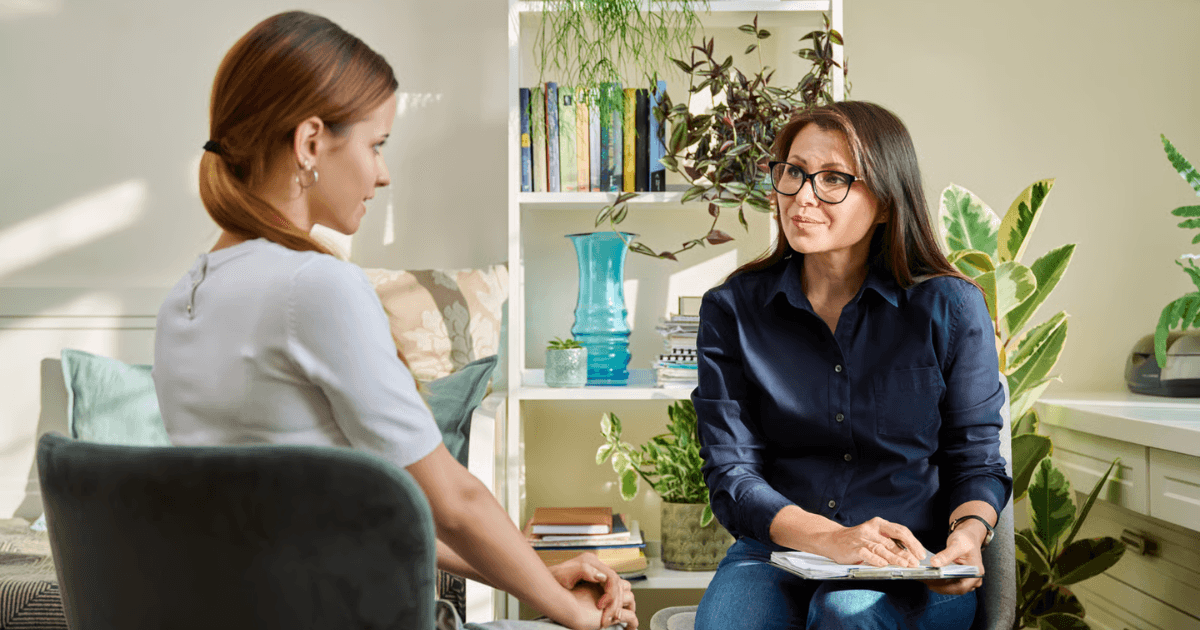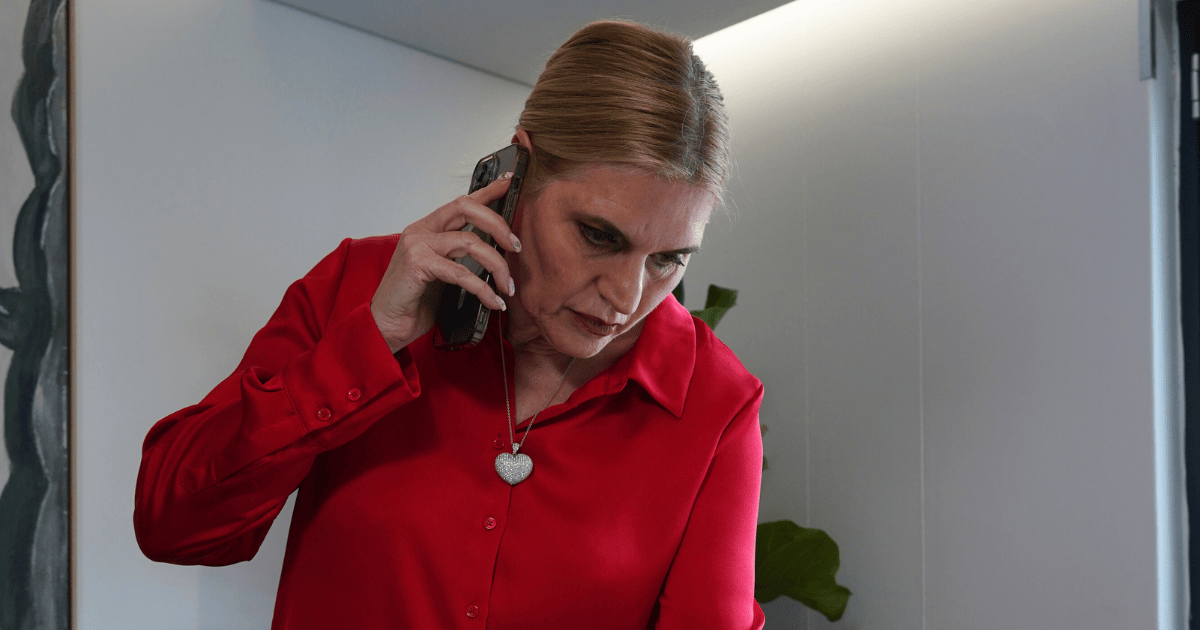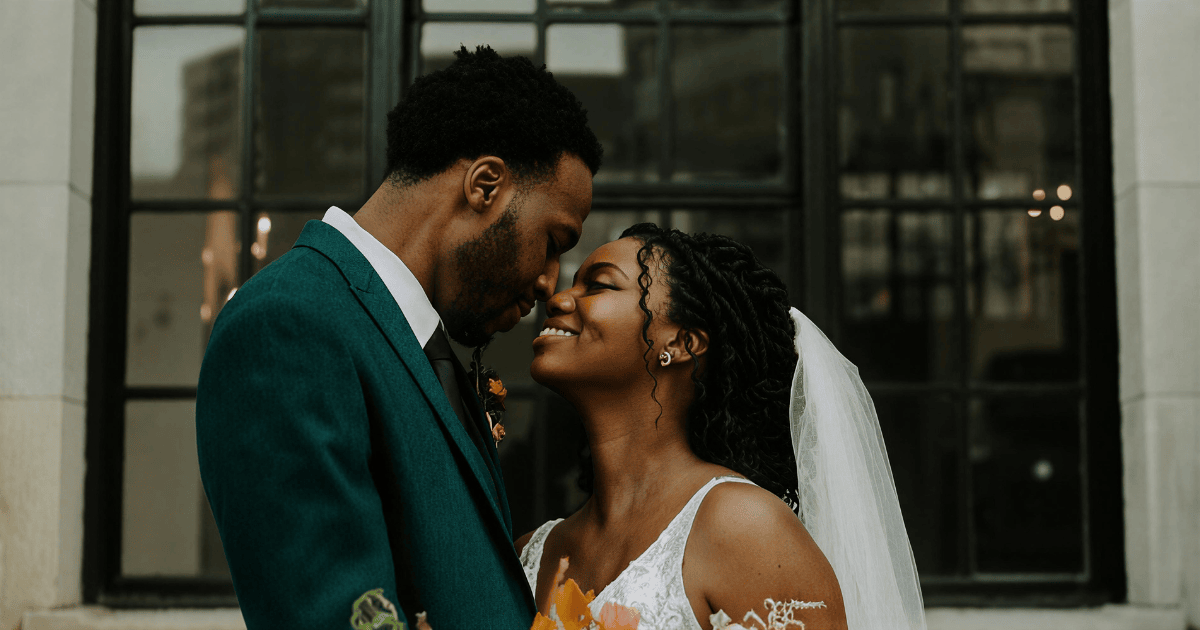If you’re in an abusive relationship (physical or emotional), you know it’s toxic. Maybe not in the beginning, but eventually. And you may minimize it. You may struggle to leave. But you know there is something wrong: There is no doubt that the relationship is unhealthy.
But what if a relationship is not abusive? Can it still be toxic? Yes, and these relationships are just as dangerous because you may not be aware that it’s harming you. A toxic relationship can stunt your growth, lower your self-esteem, and disconnect you from you, without you knowing it. This can happen over time. That’s what makes toxic relationships so dangerous—many aren’t obvious.
That’s why it’s important to step back once in a while and review your situation. Here are five signs that you may be in a toxic relationship:
1. Subtle Character Assassination. Assassinating one’s character isn’t always obvious. You can do it without bad intentions. Many of us grew up belittling friends and siblings as a way to connect. It’s not about whether you mean what you say or not. It’s about how your partner is wired and what he or she will internalize. Any dialogue or behaviour, intended or not, that takes away from one’s worth is character assassination. And over time, this can create hairline cracks in your relationship container.
2. Control Without Knowing It. Checking up on you, accusing you of talking to people you “shouldn’t,” purposely making friends or family feel uncomfortable when visiting, punishing you by making you feel bad about something, demanding a report on your actions and conversations, not allowing any activity which excludes your partner, telling you what you can and cannot wear, or what you can and cannot eat. All of these are obviously examples of controlling behaviour. It doesn’t matter where it comes from: Any dialogue, behaviour, or design, intended or not, that takes from one’s truth and freedom is control.
3. Jealous Passive-Aggressive Behaviour. There’s nothing wrong or toxic about feeling jealous. If you’re human, you have felt jealous before. It’s what you do with that feeling that determines whether you make a relationship toxic or not. Is he transparent about his jealous feelings but then also processing it with his therapist? Or is he blaming you for them? Does she want you to do something or change so she doesn’t have to deal with her feelings of insecurity?
4. Never Taking Ownership. We don’t always own our issues and that’s okay. No one’s perfect. We all have egos. But if we never take ownership, it turns the relationship lopsided and ultimately toxic. Ownership is what makes relationships grow. If people don’t own, they are not learning, expanding, and evolving. They are repeating patterns. They are living in the past. They are defensive. When people don’t take ownership, they flip their relationship magnet, and this can make a relationship toxic, because if a relationship is not always growing and evolving and deepening, it is stagnant. And a stagnant relationship, one that only goes in circles, is a toxic relationship.
5. Negativity for Too Long. We all go through winters. We all have bad days. But if your partner makes no effort to catch light, always dragging you into their cave because you’re the closest person to them, that can turn the relationship toxic. If we’re not happy, fine; no one’s happy all the time. But then we should be working on that while getting support from our partner. Not putting it on our partner. If we don’t do anything about our negativity, behaviour, thinking, and energy, we are taking them down with us. Whether we intend to or not, we are affecting our partner’s quality of life.
For direct answers to your specific personal questions, please contact us directly.
Read more about our legal services.
Author – Jessica Gooding





